Andy Burnham has denied he undermined Keir Starmer at Labour party conference, saying he instead brought “energy” and “value” to the gathering in Brighton.
The Greater Manchester mayor had been criticised by unnamed shadow cabinet members in the press for criticising Starmer from the sidelines during the annual meeting.
But in an interview with HuffPost UK, Burnham said he did “exactly the opposite” of what his critics have accused him of.
“I heard those noises from unnamed shadow cabinet, whoever they were, but I see it as us putting energy into the conference, because I did go and talk about the things that I am doing here, which I think are interesting for people,” he said.
“The London-style public transport – that is an idea that people can really get behind, I think.
“The way I look at it is I made a very deliberate decision, I kind of thought, ‘What would I go to conference to do’ – it will be to add value to the policy debate, and that’s exactly what I did.”
Burnham has since said he is not gunning for the Labour leadership, despite reports – which he has denied – that his allies had given Starmer 12 months to turn the party’s prospects around.
The mayor made a series of interventions as Labour’s conference kicked off in Brighton, including that his party could not afford to wait until the next general election to unveil policies.
He also criticised the Labour leader’s decision to overhaul its leadership rules and for failing to put northern mayors high on the agenda at the gathering – suggesting it meant the party was not “serious about winning back the north of England”.
As well as attending Labour’s conference, Burnham was also spotted at the Conservatives’ annual event in Manchester, where he pressed the government to respond to his levelling up deal for the city.
In his speech, Boris Johnson said the government would “do” Northern Powerhouse Rail – a project that would connect cities and boost journey times across the north of England – which was welcomed by Burnham.
But Johnson did not specify whether there would be a new line linking Leeds to Manchester or simply upgrades to existing lines which will worry the project’s proponents.
A dominant theme of the prime minister’s speech was to pitch what he called a “radical and optimistic Conservatism” against a “tired old Labour” that was “hopelessly divided”.
Burnham branded the dividing line a “simplistic characterisation” and accused Johnson of giving the public “false hope” even as the cost of living crisis spirals and there remains long petrol queues in parts of the country.
“I think the mood of the country doesn’t necessarily reflect what I think might be more wishful thinking on the prime minister’s part,” he said, adding that the £20-a-week cut to Universal Credit would have a “big impact here”.
“I don’t think the public are feeling massively optimistic about things but they probably want to be, but they haven’t been given a reason to be.”
Asked whether Starmer instilled the kind of hope in people in the way that Johnson attempts to do, Burnham replied: “Is that what people want – do people want a sense of false hope?
“I think people want credibility, don’t they – seriousness, credibility.
“I think this is why it’s that there’s a choice there, it feels like they are different characters in terms of what they’re all about, and I think that very much comes through the two speeches.”
Despite welcoming climate change policies from shadow chancellor Rachel Reeves and from Starmer on greater mental health provision, Burnham expressed a sense of dismay that neither party showed they were “completely connecting to the mood of the country”.
“I think people are hurting after the pandemic, I think people are looking for hope and a lift, and I don’t think they got it in terms of the detail, from either party actually, in terms of ‘This is what we think takes us from where we are as a country now to where we should be’,” he said.
He is eager for both to unveil concrete announcements in October’s spending review, which he said was a “critical” moment for the country and as the UK prepares to host the United Nations COP26 climate change summit.
Burnham said now was the time for the government to “massively accelerate on both levelling up and decarbonisation” for it to feel real to the public before the next general election in 2023 or 2024.
“And certainly if we don’t have a massive gear change particularly on net zero, we’re not going to get there, and we’re not going to have anything to say on that at the COP,” he said.
“Both conferences were light on that to be honest, I mean this is a sort of window that’s kind of closing a little bit now.
“I’m not making party political points, we’re just making a sort of broader point about is the current political scene engaging enough with the current seriousness of that situation – I’ll be honest I didn’t hear enough of that at either party conference.”
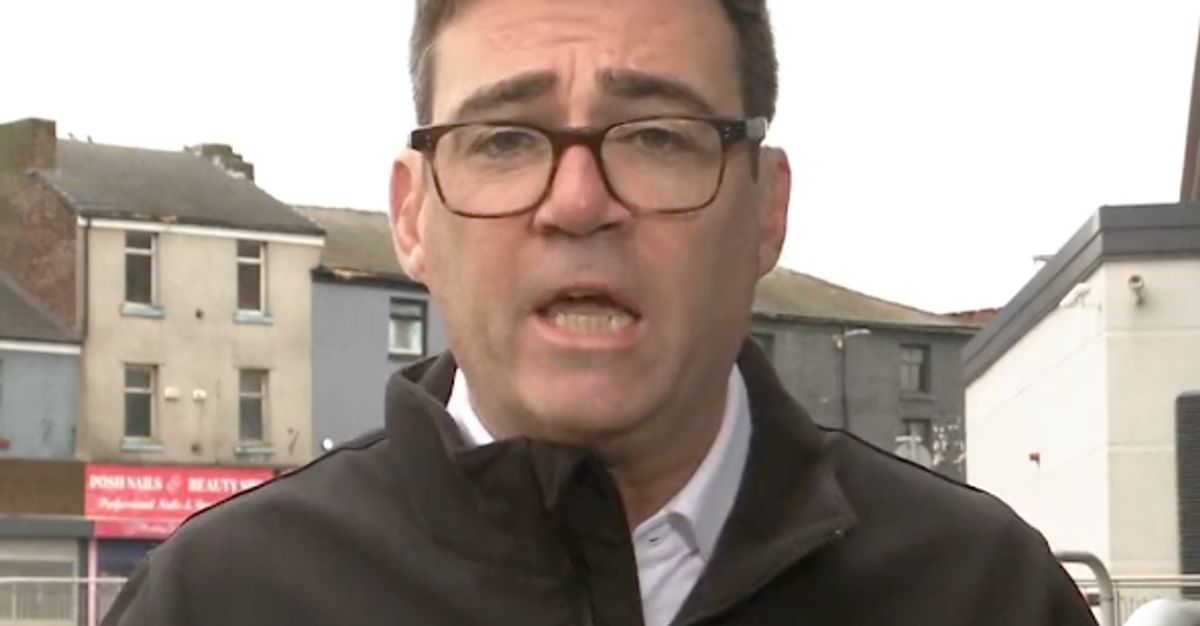

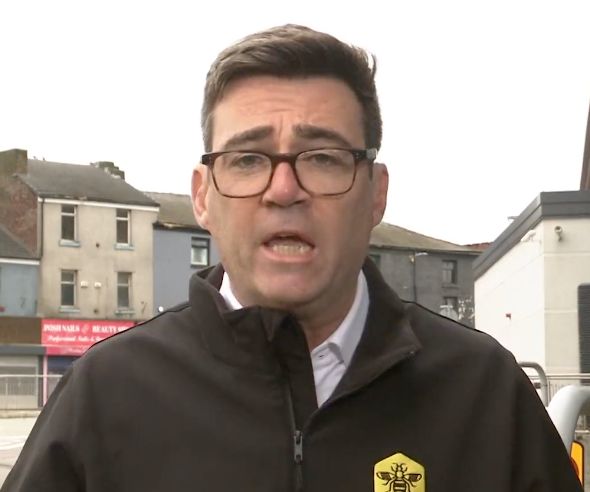

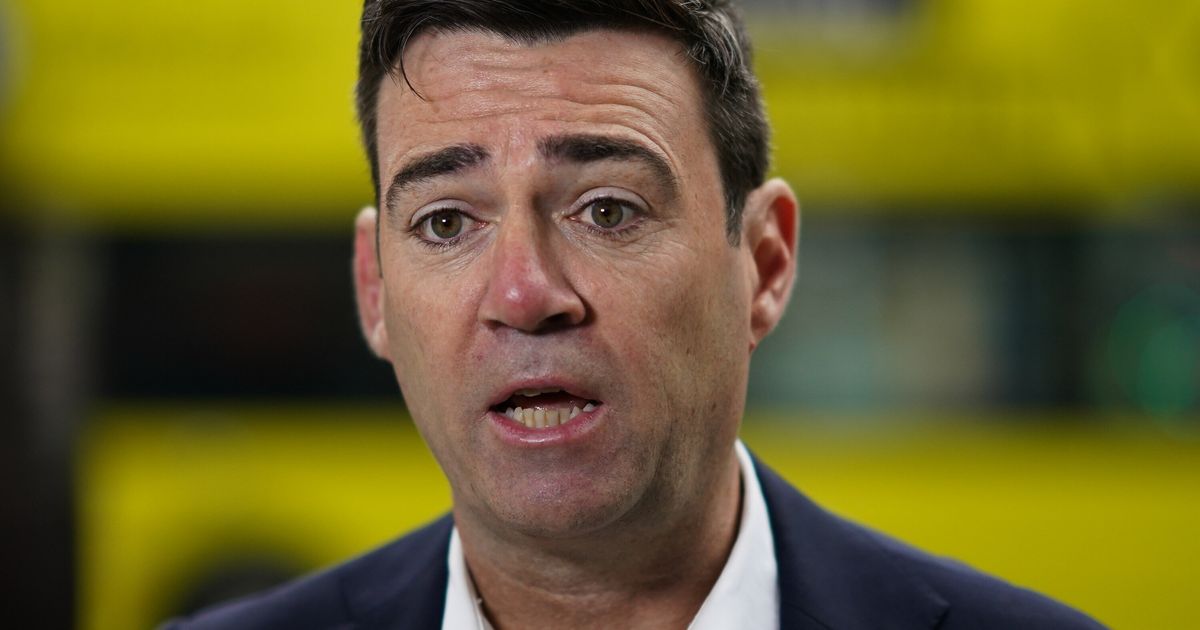
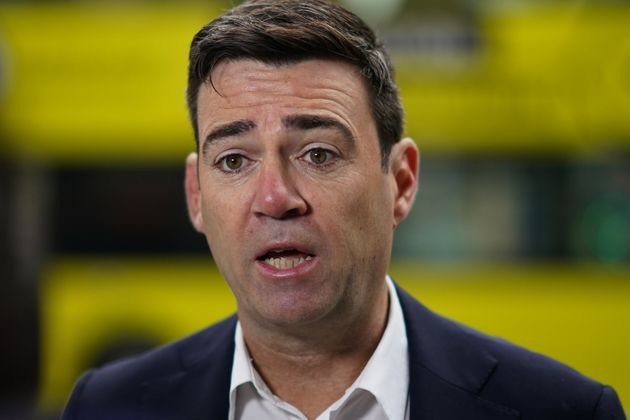
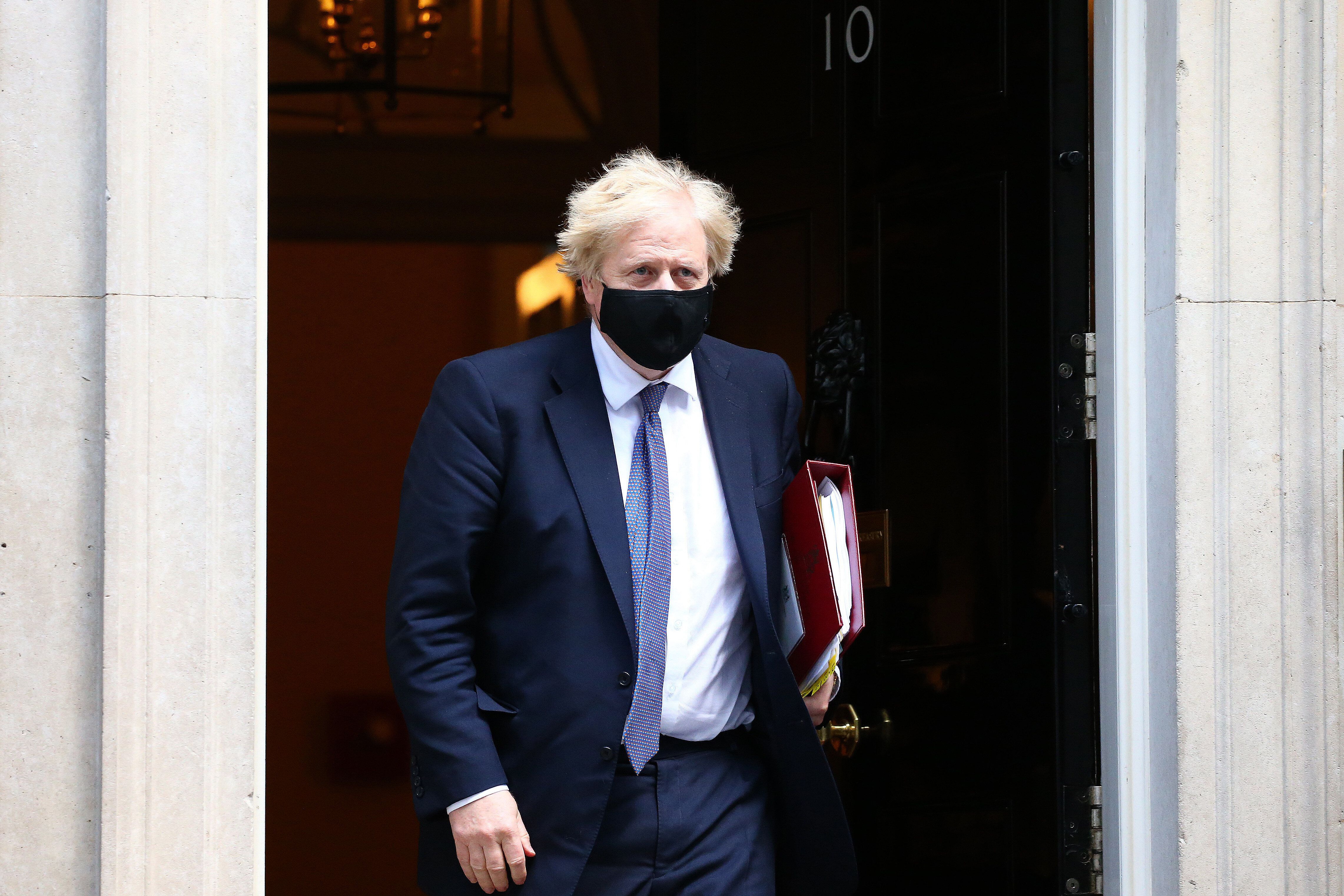
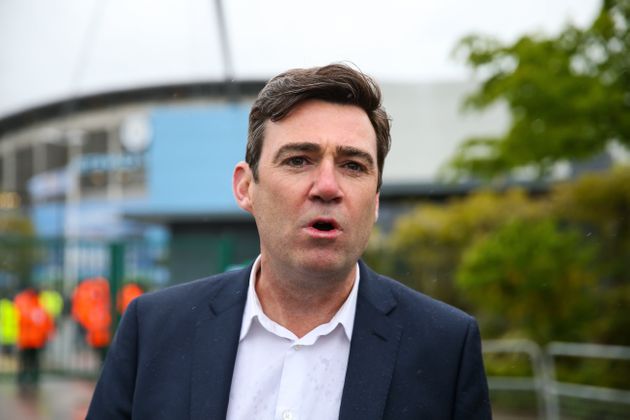
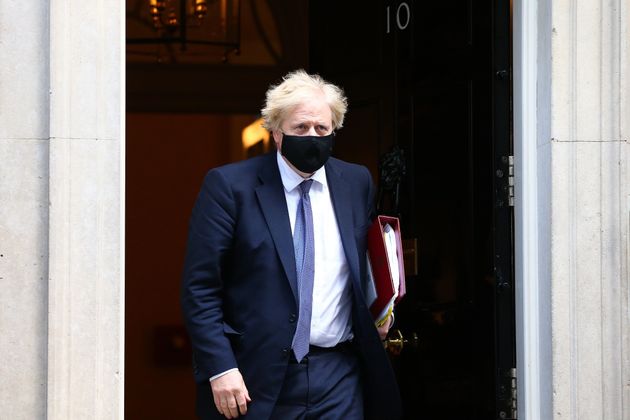
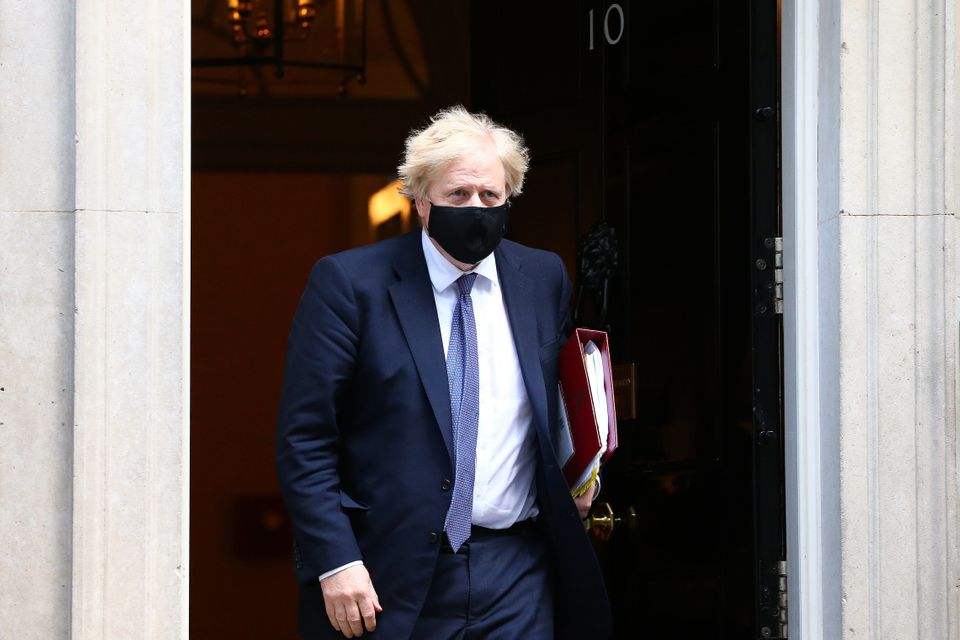

 47% /
47% /  7%
7%
 (@FreeNorthNow)
(@FreeNorthNow) 
